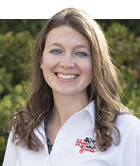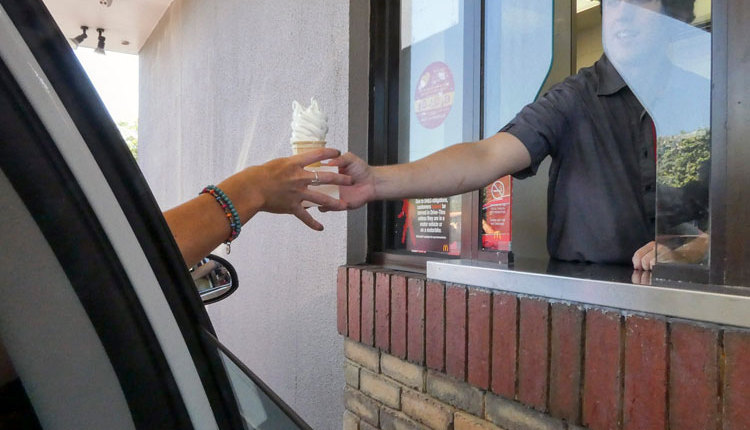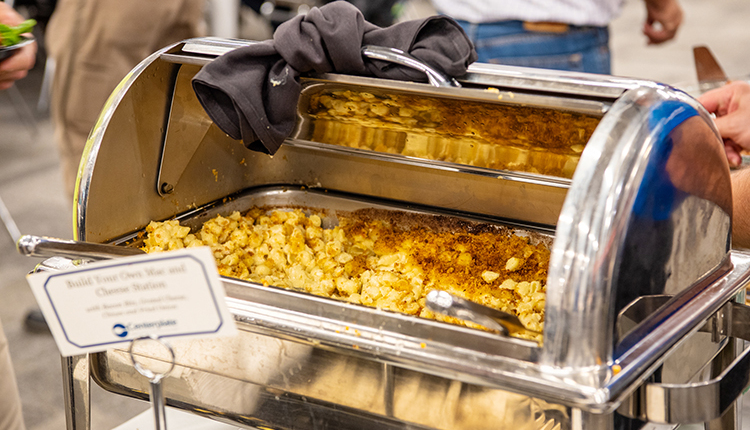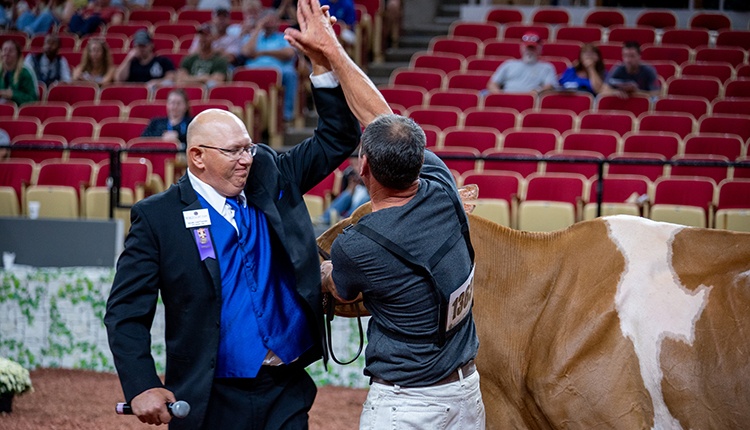
A few years ago, I was at a media event put on by a large equipment manufacturer. Their machinery is made for agriculture and beyond, so there were also journalists present from other industries, such as construction.
When talking with my fellow attendees, they were quite intrigued, and even a little jealous, that I worked for a magazine so closely aligned with my education and background. For everyone else, they were working in a field of journalism they knew little to nothing about when they first took the position, and they had to learn everything as they went.
It was a reminder to me that a background in agriculture is pretty special. Certainly, people from all upbringings can gain the experience and training to take on jobs within the dairy industry and be very successful. There is something to be said, though, about the irreplaceable lifelong experience that comes from growing up on a farm or by being deeply involved in agricultural activities as a youth.
A farming background is very helpful if someone chooses to start a career farming or working in the dairy industry. But even if you choose a job not tied to production agriculture, your personal experiences can prove to be extremely valuable.
An example of this jumped out at me during an American Farm Bureau webinar titled “Farmers saving lives.” One of the speakers was Cynthie Christensen, the president of Houston County Farm Bureau in Minnesota. Christensen is also a licensed therapist with her own private practice.
Christensen said she grew up as her dad’s “right hand man” on their family farm, and although she loved the work, there wasn’t really an opportunity for her to make a career there. So, she pursued a career in nursing but eventually found a way to tie this profession to her original roots.
She said her advocacy for farmers began while she was working as a psychiatric nurse. She recalled instances when a farmer would be admitted to the hospital for the risk of suicide. Often treatment for people in these situations is to remain in the hospital or take extended time off work, but she could sense that this made the farmers even more stressed, as many couldn’t be away from the farm long at all.
“It's really different for a farmer,” Christensen said during the webinar. “I found myself bridging the gap between the farmers and their treatment team.”
Serving as an advocate in that setting motivated her to pursue a master’s degree and become a therapist. She now has her own private practice and is certified in telehealth. While she would love to just focus on treating farmers, she also serves non-agricultural clients, too.
“When I think about chronic stress, I think about farmers,” Christensen said. “There is so much you have no control over, yet you have to make it a business.”
She advised, “Determine what you have control over, and practice ways to let go of the rest of it.”
At times, professional help would really benefit farmers, but she acknowledged that it is not always accessible.
“We don’t have enough resources in rural communities that are available for farmers that create an environment where they feel that whoever is on the end of that phone line will understand them,” she said.
She encouraged listeners to look for signs of stress among the people they work with and reminded people to share their own struggles with mental illness.
“Telling stories is incredibly powerful,” she said. “It is invaluable for people to share their stories, to give people hope and encouragement. It is so important to talk about what we are all experiencing.”
Christensen uses her agriculture experience every day to connect with her clients. This is a beautiful example of how growing up on a farm or closely connected to production agriculture can be such a strong asset once you enter the working world. The knowledge and skills such candidates bring to the table are hard to match, and they truly can make a difference in more ways than one.

The author is the senior associate editor and covers animal health, dairy housing and equipment, and nutrient management. She grew up on a dairy farm near Plymouth, Wis., and previously served as a University of Wisconsin agricultural extension agent. She received a master’s degree from North Carolina State University and a bachelor’s from the University of Wisconsin-Madison.








